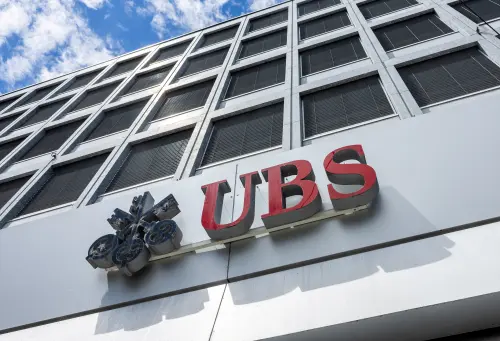Swiss plans to establish a safety net for major banks may face delays as lawmakers discuss tying it to regulations requiring banks like UBS to increase their capital reserves for enhanced security.
A parliamentary committee is set to deliberate on the creation of a permanent Public Liquidity Backstop (PLB) and the level of financial contributions banks should make to it.
The PLB would offer financial support to banks in severe distress. In 2023, Credit Suisse availed emergency liquidity through a similar mechanism before being acquired by UBS.
Hannes Germann, a member of the committee responsible for the PLB discussion, emphasized the necessity of correlating banks' contributions to the backstop with their additional capital requirements, stating, "A link is imperative."
Another committee member, Eva Herzog, also highlighted the interconnection between the backstop and capital mandates. She underscored the importance of considering recent academic research regarding UBS' benefits from a state guarantee.
UBS referred inquiries to the Swiss Bankers Association (SBA), which supports the implementation of a PLB without advocating for levying fees on banks.
The collapse of Credit Suisse has raised concerns about Switzerland's banking reputation, prompting the government to focus on bolstering the financial system's stability while maintaining competitiveness.
Finance Minister Karin Keller-Sutter suggested that UBS might need to maintain up to an additional 25 billion Swiss francs ($27.8 billion) in capital under the new regulations.
UBS has expressed concerns that stringent capital requirements could undermine the competitiveness of Swiss banking.
The government is anticipated to release draft capital requirement regulations for public feedback.
The government's proposal entails imposing a PLB fee on Switzerland's four key banks, estimated to range from 70 million to 210 million Swiss francs ($77 million to $232 million) in 2022, though these figures are subject to change.
Lawmaker Germann noted, "It will probably not stay that way."
($1 = 0.9006 Swiss francs)
